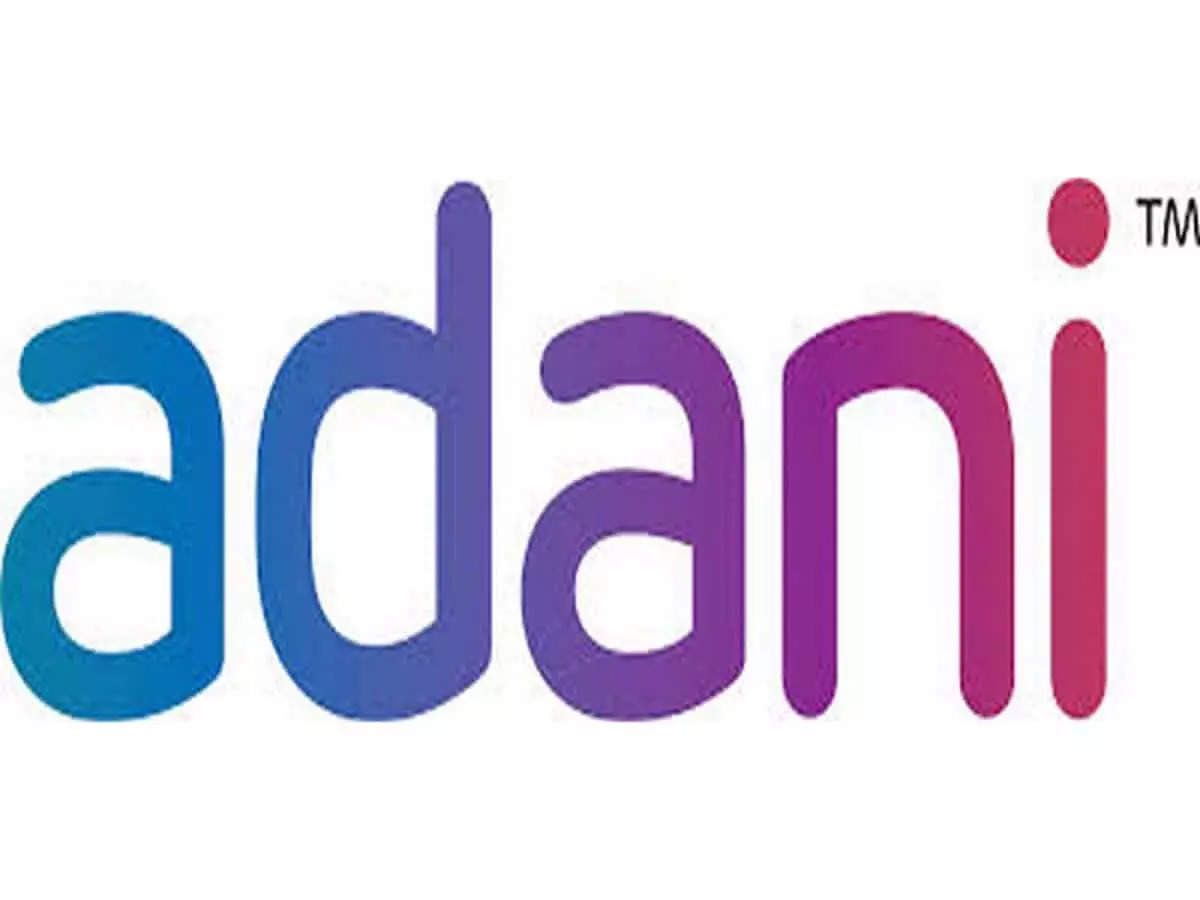Adani Enterprises Faces Significant Profit Decline in Q2 2023, Amidst Declining Revenue

Adani Enterprises Faces Significant Profit Decline in Q2 2023, Amidst Declining Revenue
India’s Adani Enterprises, the flagship company of the Adani Group, has reported a stark decline in its net profit and revenue for the second quarter of 2023. The company’s net profit plummeted by more than 50% compared to the same period in 2022, falling from ₹460.94 crore to ₹227.82 crore. This decline in profit reflects a challenging operating environment, with the firm’s revenue from operations also experiencing a substantial year-on-year drop of 41%, reaching ₹22,517.33 crore.
The integrated resources management segment, one of the company’s key areas of focus, contributed significantly to Adani Enterprises’ revenue, albeit facing a substantial decline of nearly 60% year-on-year. In contrast, the mining segment, another integral part of the company’s operations, generated the least revenue during the second quarter.
These developments have sparked concerns and discussions within the business community, as Adani Enterprises is a prominent conglomerate in India, operating in diverse sectors, including energy, infrastructure, resources, logistics, and agribusiness. Its performance is often seen as a barometer of economic and industrial activity in the country.
The decline in both net profit and revenue can be attributed to several factors, including global economic conditions, industry-specific challenges, and government policies, all of which have a profound impact on Adani Enterprises’ business operations.
Global Economic Conditions Impact Adani Enterprises
Adani Enterprises’ performance is closely linked to global economic conditions. The world economy has experienced significant volatility in recent years, characterized by events such as the COVID-19 pandemic, geopolitical tensions, and fluctuating commodity prices. Such uncertainties can profoundly affect businesses involved in the production and distribution of goods and services.
The pandemic, in particular, has disrupted supply chains, leading to production delays and increased costs. The adverse impact on logistics and transportation has been felt across various industries, contributing to lower revenue for Adani Enterprises.
Furthermore, international factors such as changes in trade policies, currency exchange rates, and global demand for commodities can influence the company’s profitability. Given its diverse business segments, including resources, logistics, and energy, Adani Enterprises is vulnerable to shifts in global economic conditions.
Industry-Specific Challenges
The decline in revenue from the integrated resources management segment, which fell nearly 60% year-on-year, highlights industry-specific challenges that Adani Enterprises faces. This segment primarily involves the management and distribution of resources, including coal, minerals, and gas, to various industries.
Adani Enterprises’ resource management is influenced by factors such as regulatory changes, market demand, and environmental concerns. In recent years, the global shift toward renewable energy sources and efforts to reduce carbon emissions has led to a reduced demand for coal, which is a significant part of the company’s resource portfolio.
Regulatory changes and stricter environmental standards have further complicated the company’s resource extraction and transportation operations, resulting in increased compliance costs and operational challenges. As a result, the integrated resources management segment has been hit hard, impacting the company’s overall revenue.
Government Policies and their Impact
Government policies play a crucial role in shaping the business landscape in India. Changes in regulations, taxation, and environmental standards can have a profound impact on companies like Adani Enterprises, which operate in sectors closely regulated by the government.
For instance, the Indian government’s efforts to transition to cleaner and renewable energy sources have led to a decline in demand for fossil fuels, including coal, which is a significant part of Adani Enterprises’ operations. The government’s push for sustainable and environmentally responsible practices has compelled the company to adapt to new standards and invest in cleaner energy alternatives.
Furthermore, taxation policies can affect the company’s profitability. Changes in tax rates and incentives can influence Adani Enterprises’ financial performance, leading to fluctuations in profit margins.
Diverse Business Operations and their Influence
Adani Enterprises’ extensive portfolio includes activities in energy, infrastructure, resources, logistics, and agribusiness. The company’s diversified operations expose it to various market dynamics and challenges.
In the energy sector, which is a significant part of its business, the company operates in coal, natural gas, and renewable energy. The decline in coal demand, as mentioned earlier, has affected its revenue in this segment. However, Adani Enterprises’ investment in renewable energy sources can offer potential for growth in the future, as India aims to increase its use of clean energy.
The infrastructure segment is another critical component of the company’s business. Adani Enterprises is involved in the development of airports, roads, and ports, which are essential for India’s economic growth. The success of this segment is closely tied to the government’s infrastructure development policies and investment in such projects.
The logistics and agribusiness segments also face their unique challenges. Fluctuations in commodity prices and supply chain disruptions can impact revenue and profit margins in these areas.

Future Outlook and Strategies
As Adani Enterprises grapples with the challenges it currently faces, the company is likely to implement various strategies to adapt to the evolving business landscape.
- Diversification: One approach the company can take is to further diversify its operations. This could include expanding its investments in renewable energy sources, which align with global trends and government initiatives to reduce carbon emissions. Diversification can reduce the company’s dependence on sectors facing declining demand, such as coal.
- Operational Efficiency: Improving operational efficiency is another key strategy. This involves streamlining processes, reducing costs, and optimizing resource management to enhance profitability in a challenging environment.
- Sustainability Initiatives: Adani Enterprises can focus on sustainability initiatives that not only align with environmental standards but also create opportunities for growth. Investing in sustainable practices, such as cleaner energy production and responsible resource management, can position the company for long-term success.
- Government Relations: Maintaining strong relationships with government bodies and actively participating in policy discussions is vital. By working closely with regulators and policymakers, Adani Enterprises can better anticipate changes in regulations and ensure compliance while advocating for its interests.
- Market Expansion: Exploring new markets and regions can also be a part of the company’s strategy. Expanding its presence globally or in untapped domestic markets can help mitigate the impact of declining demand in specific sectors.

Conclusion
Adani Enterprises’ significant decline in net profit and revenue during the second quarter of 2023 reflects the multifaceted challenges it faces in the current business environment. Factors such as global economic conditions, industry-specific challenges, and government policies have all contributed to the company’s financial performance.
In response to these challenges, Adani Enterprises will need to adapt and implement strategic initiatives to ensure its long-term sustainability and growth. Diversification, operational efficiency, sustainability, government relations, and market expansion are some of the key strategies the company can consider as it navigates the evolving landscape of India’s business and economic environment.
As the flagship company of the Adani Group, Adani Enterprises’ performance is closely watched by industry experts and investors. The steps it takes to address its current challenges will not only impact its own future but also provide insights into the resilience and adaptability of India’s business giants in a rapidly changing world.




